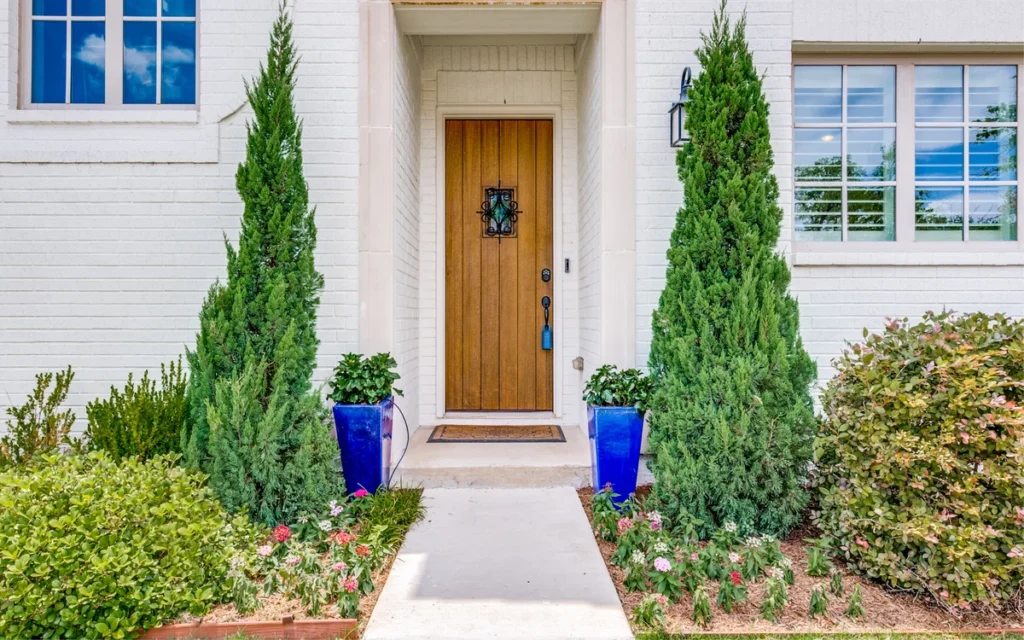
Sell Your Home
Selling a home might seem overwhelming, but with the right strategy, it becomes a manageable and even rewarding process. If you’re asking yourself, “How do I sell my house?”—you’re in the right place. This guide breaks everything down into three practical stages so you know exactly what to expect and how to move forward with confidence.
If you’re ready to move on from your current home, here’s a full breakdown to help you maximize your profit and reduce unnecessary stress.



